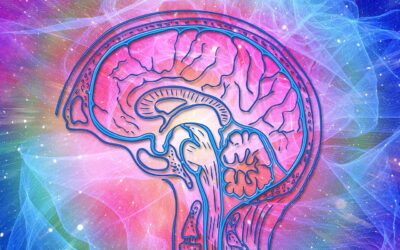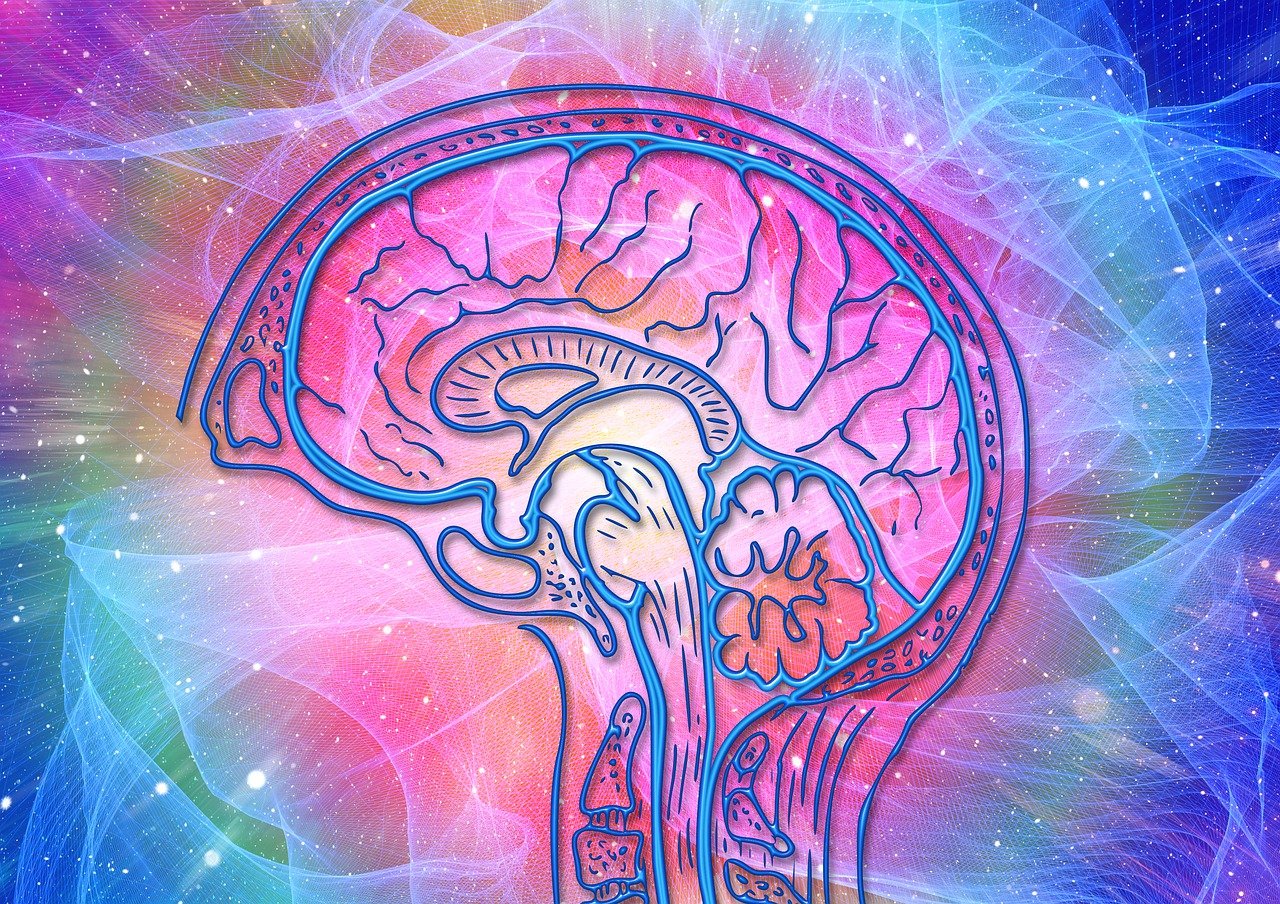AI Ethics: Rules for Fair & Safe AI

As AI systems become more prevalent in our daily lives, the need for clear ethical guidelines has never been more pressing. From autonomous vehicles to AI-powered hiring systems, these technologies are making decisions that directly impact human lives. Establishing rules for fair and safe AI is not just a moral imperative—it’s a business necessity.
Transparency: The Foundation of Trustworthy AI
Transparency is key to building trust in AI systems. Users and stakeholders should have a clear understanding of how AI makes decisions.
Many AI systems, especially those using deep learning, operate as “black boxes,” making it difficult to understand their decision-making processes. This lack of transparency can lead to mistrust and potential misuse.
To address this, companies are developing “explainable AI” systems. These provide clear rationales for their decisions, allowing users to understand and, if necessary, challenge the outcomes [1].
Fairness: Mitigating Bias in AI Systems
AI systems can inadvertently perpetuate and amplify societal biases if not carefully designed and monitored. Ensuring fairness in AI is crucial for ethical and legal reasons.
Studies have shown that AI systems can discriminate based on race, gender, and other protected characteristics. For example, some facial recognition systems have higher error rates for certain demographics [2].
To promote fairness:
- Use diverse and representative data sets for training AI models.
- Regularly audit AI systems for bias.
- Implement fairness constraints in AI algorithms.
- Ensure diverse teams are involved in AI development and testing.
Privacy: Protecting Personal Data in the Age of AI
AI systems often rely on vast amounts of data, raising significant privacy concerns. Protecting personal information is essential for ethical AI development.
Rules for privacy in AI include:
- Implementing robust data protection measures.
- Adhering to data minimization principles—only collecting and using necessary data.
- Providing clear opt-in/opt-out mechanisms for data collection and use.
- Ensuring AI systems comply with relevant privacy laws and regulations.
Accountability: Establishing Responsibility for AI Decisions
As AI systems take on more decision-making roles, determining accountability for their actions becomes crucial. When an AI system makes a mistake, who is responsible?
To address this:
- Implement human oversight for critical AI decisions.
- Establish clear chains of responsibility for AI systems.
- Develop mechanisms for appealing AI decisions.
- Create liability frameworks for AI-related incidents.
Safety: Ensuring AI Systems Do No Harm
The safety of AI systems is paramount, especially in high-stakes applications like healthcare or autonomous vehicles.
Rules for AI safety include:
- Rigorous testing and validation of AI systems before deployment.
- Implementing fail-safe mechanisms and human oversight.
- Regular safety audits and updates.
- Establishing clear protocols for handling AI system failures.
The Road Ahead: Implementing Ethical AI in Business
Implementing these rules for fair and safe AI is not just about compliance—it’s about building better, more trustworthy AI systems that can drive business value while maintaining ethical standards.
Companies that prioritize AI ethics are likely to see benefits in terms of customer trust, brand reputation, and long-term sustainability. Moreover, as regulations around AI continue to evolve, businesses that have already implemented strong ethical frameworks will be better positioned to adapt.
However, putting these rules into practice is not without challenges. It requires ongoing commitment, resources, and a willingness to prioritize ethics alongside performance and efficiency.
As we move forward, collaboration between industry, academia, policymakers, and the public will be crucial in refining and implementing these ethical guidelines. By working together, we can create AI systems that are not only powerful and efficient but also fair, safe, and aligned with human values.
The future of AI is not just about what’s technologically possible—it’s about what’s ethically responsible. By embracing these rules for fair and safe AI, businesses can lead the way in shaping an AI-driven future that benefits all of society.









